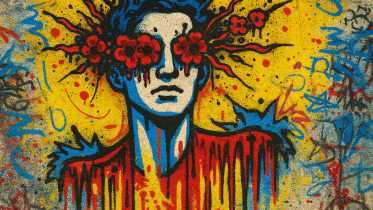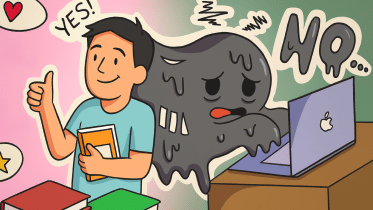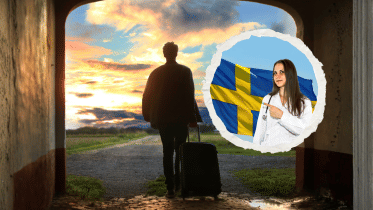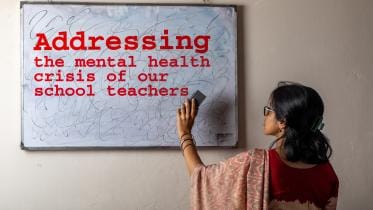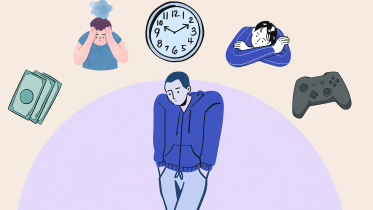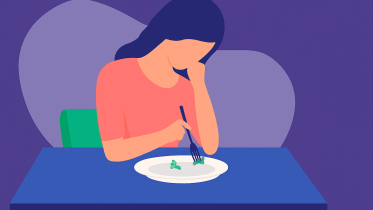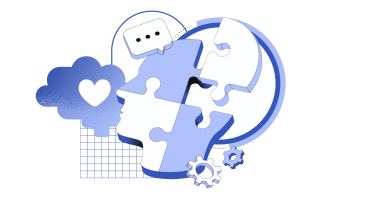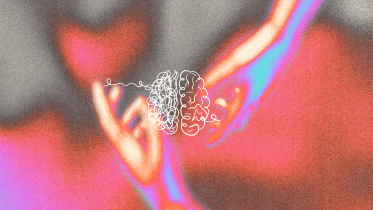mental health
The tragic reality behind the glorification of the ‘tortured artist’
The tortured artist myth wrongly glorifies suffering as creative fuel, ignoring mental health realities. True creativity thrives without misery, and romanticising pain harms artists by discouraging help, misguiding young creators, and overshadowing genuine talent today
4 December 2025, 09:55 AM
The places we go when we want to disappear
Escapism is one of the most ordinary forms of survival we’ve invented.
19 November 2025, 02:00 AM
Why guy trips with friends matter more than people realise
The writer reflects on how spontaneous, stress free trips with male friends offer emotional release, honest conversations, and healing, proving such getaways can be therapeutic and transformative, beyond movie inspiration, especially during difficult personal times.
18 November 2025, 09:51 AM
Still human, somehow, but is that enough?
Are you literally unaware of this illusion consistently holding you captive?
11 November 2025, 08:00 AM
Can being too nice weaken your body’s defences?
Chronic people-pleasing triggers persistent stress, causing immune system dysregulation and inflammation. This may increase autoimmune disease risk over time. Prioritising self-care and reducing chronic stress supports immune health and reduces long-term biological harm.
23 October 2025, 10:49 AM
Why is Sweden prescribing holidays for health?
Sweden’s groundbreaking Prescription initiative allows doctors to prescribe travel as therapy, promoting recovery through nature, rest, and exploration. Rooted in friluftsliv, it redefines wellness tourism as healthcare, combating burnout through environmental and cultural well-being.
22 October 2025, 10:13 AM
How social media is distorting empathy and our mental health
Social media’s pop psychology fuels self-diagnosis and performative empathy, distorting genuine compassion. Counsellor Mariyam Sultana highlights class, culture, and privilege shaping empathy in Bangladesh, urging self-awareness, authentic connection, and mindful action beyond online validation for genuine emotional understanding and societal well-being.
18 October 2025, 08:30 AM
How digital life is killing our love for reading
Reading for pleasure is in steep decline, replaced by short-form digital content and nonstop screen time. This shift affects attention spans and cognitive health. Reviving reading habits can help prevent brain fog and long-term cognitive decline.
16 October 2025, 11:29 AM
Addressing the mental health crisis of our school teachers
The mental health of school teachers remains one of the most pressing yet less discussed issues in our society.
5 October 2025, 04:30 AM
Why are young people resorting to online platforms for mental support?
The ground for mental health discourse remains shrouded in misconception and stigma. In fact, being diagnosed with a mental disorder is still viewed through a lens of shame or even denial.
18 September 2025, 04:00 AM
Dhaka’s changing conversation on mental health
What has changed is that conversations can now happen out into the open
16 September 2025, 18:38 PM
Between death and desire to live: A suicide survivor’s account
Sometimes survival is the most radical act we can perform.
10 September 2025, 10:43 AM
Mental health matters: Simple daily habits for a stronger, happier you
Life today is full of stress, anger, work pressure, and career demands. We all face these challenges, and that is why it is so important that we learn how to take care of our mental health. Simple daily habits can really help calm our minds and improve how we feel overall.
23 August 2025, 18:00 PM
Feeling older than you are? Welcome to real adulthood!
Adulthood hits hard in your late 20s — time shrinks, responsibilities pile up, and youthful passions fade. This reflective guide explores the emotional, financial, and existential struggles of growing up, resonating with young adults.
18 July 2025, 23:45 PM
Is social media fuelling teen eating disorders in Bangladesh?
Eating disorders in children and teens are serious mental health issues, often misunderstood as phases. Early detection, psychological support, family involvement, and holistic treatment are essential for lasting recovery and emotional healing.
25 June 2025, 09:13 AM
The importance of mental health education in schools
Mental health education needs to be more than motivational posters in hallways and pamphlets on notice boards; students need to know that their struggles with mental health are normal and that there are adequate resources to help them navigate through them.
16 June 2025, 10:00 AM
Why ‘dumb’ phones are making a smart comeback in 2025
Dumb phones are making a comeback as people seek digital detox, improved focus, and nostalgia. With lower costs, longer battery life, and fewer distractions, ditching smartphones offers a mindful escape — despite missing out on modern conveniences.
29 May 2025, 11:06 AM
The significance of BPD Awareness Month
The emotional wounds of BPD are deep enough, but societal misunderstanding drives them even deeper.
28 May 2025, 10:23 AM
Rediscovering meaning in a fractured reality
The present moment is not merely difficult; it is suffocatingly uncertain.
27 May 2025, 03:00 AM
How unresolved childhood trauma haunts marriages
Unresolved childhood trauma often resurfaces in marriage, shaping emotional responses and deepening relationship conflicts. In Bangladesh’s high-pressure society, healing requires vulnerability, therapy, and confronting past wounds to build truly intimate, emotionally resilient partnerships.
12 May 2025, 16:04 PM



